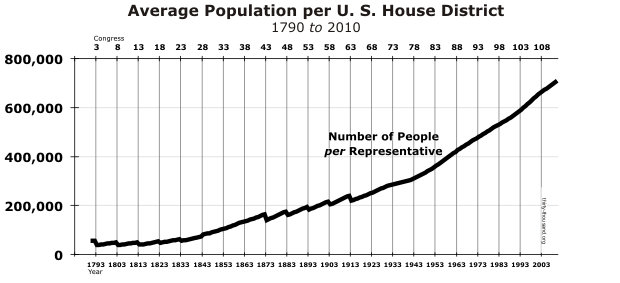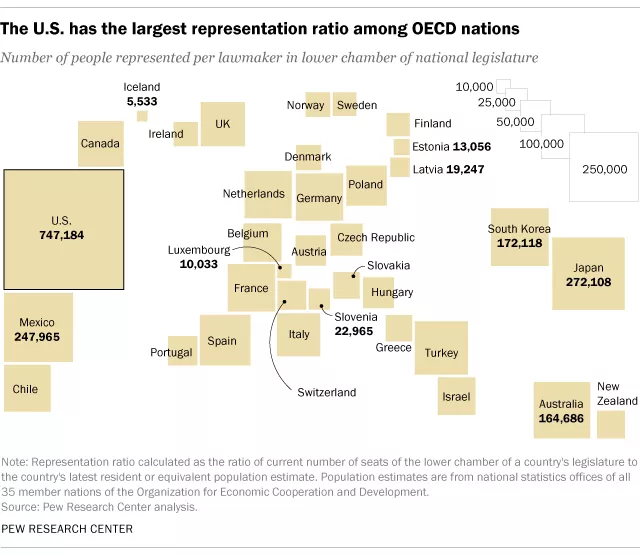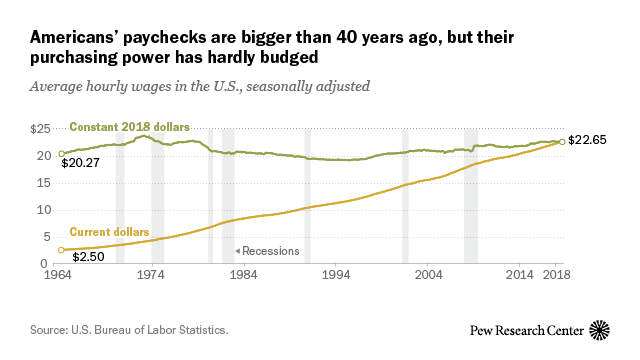And for some companies that's certainly true. Creating a blanket policy which will force all companies to provide the same benefits based on certain aspects of the company profile (like number of employees) without looking at the total picture doesn't tend to work so great. Just ask the thousands of "medium" sized businesses that were ~60-70 employees that were suddenly forced to provide employee health benefits after the ACA passed. I understand your point, I just disagree that more regulations to help regulate regulations in the name of good intentions is the appropriate move.
Corporations, on average, have proven unwilling but not unable to increase wages or benefits in reasonable manner. I don't know if it has to be some kind of rigid, blanket, one-size-fits-all benefits policy, but certainly picking some small portion of excess cash to return to employees is an easy place to start. Regardless, you've honestly just pointed out the best argument for a socialized healthcare and benefits system. It is incredibly complicated and inefficient to try to figure out exactly which sized businesses with what profit margin can afford to provide what kind of benefits and to whom. Instead of going back and forth about regulating the regulations, what we should be doing is talking about the ACA's biggest omission: the failure to decouple healthcare from employment. Every other first world country but us has realized that a basic national healthcare system is more efficient, lower cost, and frees up companies to make better business/HR decisions, especially those companies like MCD which rely on lower-income workers. If there were some kind of universal basic healthcare, we would no longer have to worry whether the threshold for a business being mandated to provide health insurance is 40, 50, 60. 70, or 7000 employees.
I haven't looked at his proposals recently, but I did look at them extensively in 2016 and they were awful and unrealistic to anyone with logic based in reality and basic math skills. To be clear, I like Bernie. I think he's probably a good guy with the best intentions and I think he genuinely wants to help this country. From that perspective I have a lot of respect for him. I also don't disagree with every one of his previously proposed plans. I do live in reality though and don't believe that any of his plans would actually work if they were implemented as they had been written.
If you are interested in seeing what he's actually proposed vis a vis economics policy:
Bernie Sanders on Economic Inequality
Why are you assuming that I think a handout and theft are the same thing? I think Medicare/caid is a government handout, just one that most people have paid into for the duration of their life. I don't consider it theft though and I'm not sure where you got that idea. Frankly, I'm not a fan of medicare the way it's currently operated, but it largely comes back to Americans have unrealistic expectations for their healthcare and a desperate need to "do everything possible" to save people, even the elderly, in futile situations.
I was making a rhetorical point with the way I've heard certain libertarians talk. I'm not projecting their words specifically onto your viewpoint when I was talking about "amoral theft" cause honestly it seems like your view on individual responsibility is a little all over the place. I mean, you acknowledge medicare is a government handout, but it's an OK handout because people have paid into it most of their life, even if they're getting out of it
much more than they ever put in? Again, where are these seniors' individual responsibility in as far as taking out of the system exactly what they put in and then paying for the rest with their own savings? If government handouts are undesirable policy in your opinion, and you don't like the way medicare is operated, it presumably seems unethical on some level to continue letting people pay for your services with their government handouts. Brings to mind the Upton Sinclair quote, "It is difficult to get a man to understand something, when his salary depends upon his not understanding it!"
As I said above, it will vary from company to company. There is no one-size-fits-all policy and sometimes the problem simply comes back to corporate greed. I'll also add that just because I don't think a company has a responsibility to provide a ton of benefits to employees doesn't mean providing those benefits isn't the right thing to do. Example, if i see someone fall down I have no responsibility to help them up, but doing so would still be the right thing to do.
Government regulation exists because we can count on corporations (or human beings for that matter) "doing the right thing" about 0% of the time.
Uh, an MoU is a non-binding agreement of terms between two parties and is typically not a legally enforceable document in the US and is highly variable for international diplomacy. So Trump is technically correct...
LOL, please. Lighthizer and his negotiating team had been working on 6
legally binding international MOUs with the Chinese (forced technology transfer and cyber theft, intellectual property rights, services, currency, agriculture, and non-tariff barriers to trade) as this was the agreed upon framework of the negotiation. Trump, like a confused child wandering into the middle of a conversation, says he doesn't like MOUs, and Lighthizer placates the child by saying we'll just go ahead and change the name, while continuing to work on exactly the same documents they were working on before.




